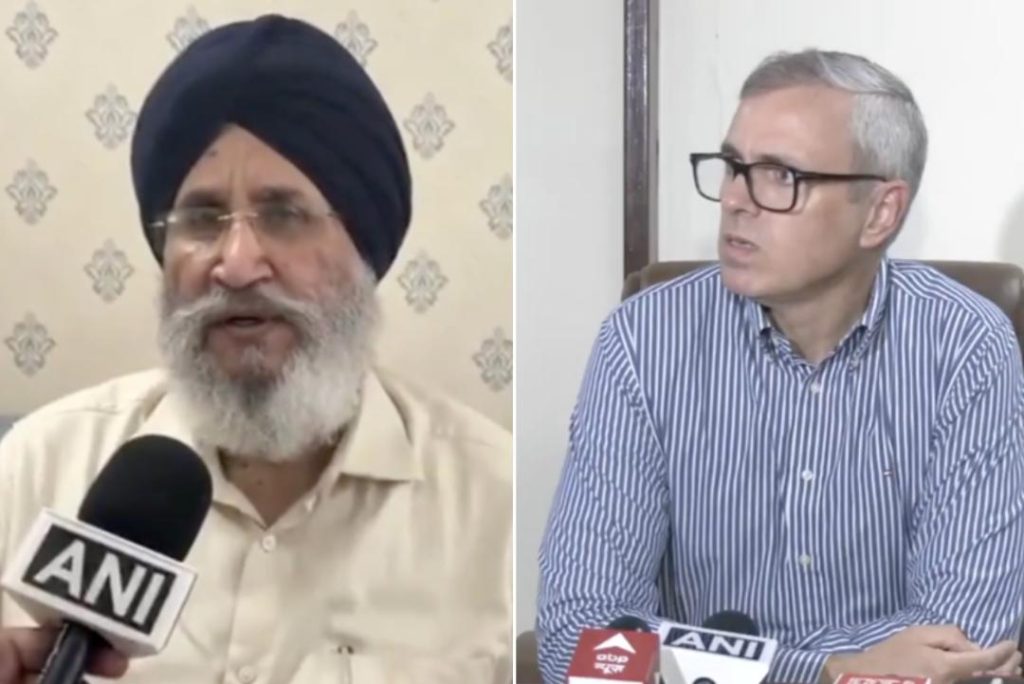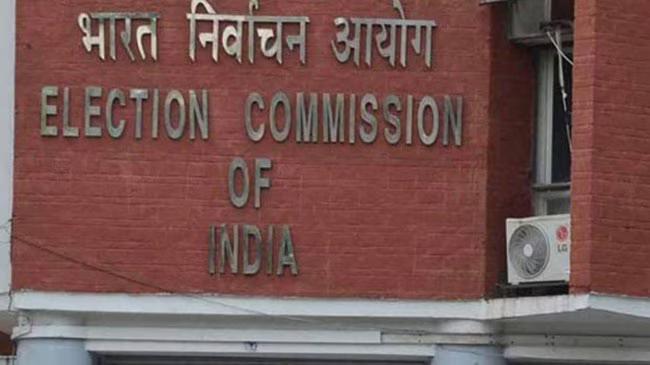
J&K CM’s Remark on Water Sharing Unreasonable: Akali Dal Leader
The recent remark made by Jammu and Kashmir Chief Minister Omar Abdullah about not sharing any water with Punjab has sparked a heated debate in the region. Omar Abdullah’s statement has been strongly criticized by Shiromani Akali Dal leader Daljit Singh Cheema, who has termed it as “unreasonable”.
In a recent interview, Omar Abdullah had stated that his government will not share any water with Punjab, much to the dismay of the people from the neighboring state. His statement has been seen as a clear indication of the growing tensions between Jammu and Kashmir and Punjab over the issue of water sharing.
However, Daljit Singh Cheema, a prominent leader of the Shiromani Akali Dal, has come out strongly against Omar Abdullah’s statement. “We did not expect him to comment on Punjab, as river water distribution has earlier also been in favour of other states like Rajasthan, Haryana and Delhi,” Cheema said in a statement. “It is unreasonable to expect Punjab to bear the brunt of the water scarcity while other states are enjoying a larger share of the water resources,” he added.
Cheema’s statement is a clear reflection of the long-standing resentment that has been brewing in Punjab over the issue of water sharing. The state has been facing severe water scarcity in recent years, and the people are looking towards the Jammu and Kashmir government to take steps to address this issue.
The issue of water sharing is a complex one, and it has been a point of contention between Jammu and Kashmir and Punjab for several years. The two states share several rivers, including the Ravi, Beas, and Sutlej, which are the lifeline of the region. The water from these rivers is used for irrigation, drinking water, and other purposes, and the distribution of water has been a contentious issue.
Historically, the water from these rivers has been distributed in favor of other states, including Rajasthan, Haryana, and Delhi. Punjab, on the other hand, has been facing severe water scarcity, and the people are looking towards the Jammu and Kashmir government to take steps to address this issue.
Omar Abdullah’s recent statement has been seen as a clear indication that the Jammu and Kashmir government is not willing to take steps to address the water scarcity in Punjab. The statement has been widely criticized by the people of Punjab, who are demanding that the Jammu and Kashmir government take immediate steps to address the issue.
The issue of water sharing is not only a matter of concern for Punjab, but also for the entire region. The region is already facing severe environmental challenges, including drought, pollution, and climate change, and the issue of water sharing is only adding to the complexity.
In recent years, the region has been facing severe droughts, which have had a devastating impact on the agriculture sector. The droughts have also led to a severe shortage of drinking water, and the people are looking towards the governments to take steps to address this issue.
In addition to the droughts, the region is also facing severe pollution challenges. The rivers of the region are heavily polluted, and the pollution is having a devastating impact on the environment. The people are looking towards the governments to take steps to address this issue and to ensure that the rivers are clean and safe for use.
The issue of water sharing is also linked to the issue of climate change. The region is already facing severe climate-related challenges, including rising temperatures, changing precipitation patterns, and increased frequency of extreme weather events. The issue of water sharing is only adding to the complexity of the issue.
In conclusion, Omar Abdullah’s recent statement about not sharing any water with Punjab has been strongly criticized by Shiromani Akali Dal leader Daljit Singh Cheema. The statement has been seen as a clear indication that the Jammu and Kashmir government is not willing to take steps to address the water scarcity in Punjab. The issue of water sharing is a complex one, and it requires a comprehensive approach to address the issue. The people of the region are looking towards the governments to take steps to address the issue and to ensure that the region is prosperous and sustainable.






